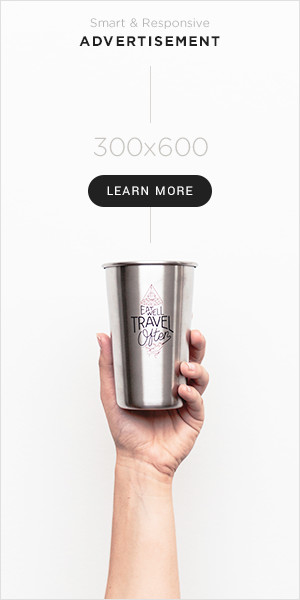Making dietary and lifestyle adjustments are only one of the many home remedies for managing high blood pressure and enhancing heart health.
High Blood Pressure: What Is It?
Blood pressure is the force with which the heart pushes blood through the arteries. Less than 120/80 millimeters of mercury (mm Hg) is considered to be a normal blood pressure level (Reliable Source).
Blood flows more strongly through the arteries when blood pressure is high. This affects the blood vessels and increases pressure on the arteries’ sensitive parts.
According to the American College of Cardiology, roughly half of American people have high blood pressure, also known as hypertension.
Home Remedies For Managing High Blood Pressure
*Make A Move (Exercise Regurlarly)
Active living is a crucial component of healthy living.
Regular exercise boosts your mood, strength, and balance in addition to lowering your blood pressure. Additionally, it lowers your risk of developing diabetes and other forms of heart disease.
Consult a doctor for advice on a safe exercise program if you’ve been sedentary for a long. Begin cautiously, then increase the intensity and frequency of your workouts gradually.
Not a gym person? Do your exercise outside. You can still get the advantages if you hike, jog, or swim. Get moving—what that’s matters most!
*Adhere To The DASH Diet
Your systolic blood pressure can drop by up to 11 mm Hg by following the DASH diet, according to a reliable source. The DASH diet includes:
eating whole grains, fruits, and vegetables
eating lean meats, fish, and nuts; low-fat dairy products; and
avoiding processed foods, high-fat dairy products, and fatty meats as well as other foods high in saturated fats
Limiting desserts and sugar-sweetened drinks like soda and juice also helps.
*Limit Your Salt Intake
Salt intake needs to be decreased in order to lower blood pressure.
Some people begin to retain fluid when they consume too much salt. Blood pressure increases dramatically as a result of this.
The American Heart Association (AHA) advises keeping your daily sodium intake between 1,500 milligrams (mg) and 2,300 mg, or just over half a teaspoon of table salt.
Try substituting herbs and spices for salt when flavoring meals to reduce the amount of sodium in your diet.
Salt content in processed foods is another common problem. Always read the food labels, and whenever possible, seek low-sodium substitutes.
*Hold Onto A Healthy Weight
Blood pressure and weight are related. Losing even just 5 to 10 pounds can assist patients with obesity or overweight conditions lower their blood pressure.
Monitoring your waistline is essential for controlling blood pressure in addition to achieving and maintaining a healthy weight. Visceral fat, or the extra fat around your midsection, can have a severe impact on heart health and, over time, can cause serious health issues like high blood pressure.
In general, men should aim for a waist size of around 40 inches, while women should aim for a waist measurement of under 35 inches.
*If You Smoke, You Might Want To Stop.
Your blood pressure will temporarily rise after smoking each cigarette for several minutes. Your blood pressure may remain high for a long time if you smoke frequently.
Smokers with high blood pressure are more vulnerable.
Trusted Source for getting a heart attack, stroke, or dangerously high blood pressure.
Even passive smoking can increase your chances of health problems.
Trusted Source for heart disease and high blood pressure.
Quitting smoking not only improves your health but also helps your blood pressure return to normal.






















